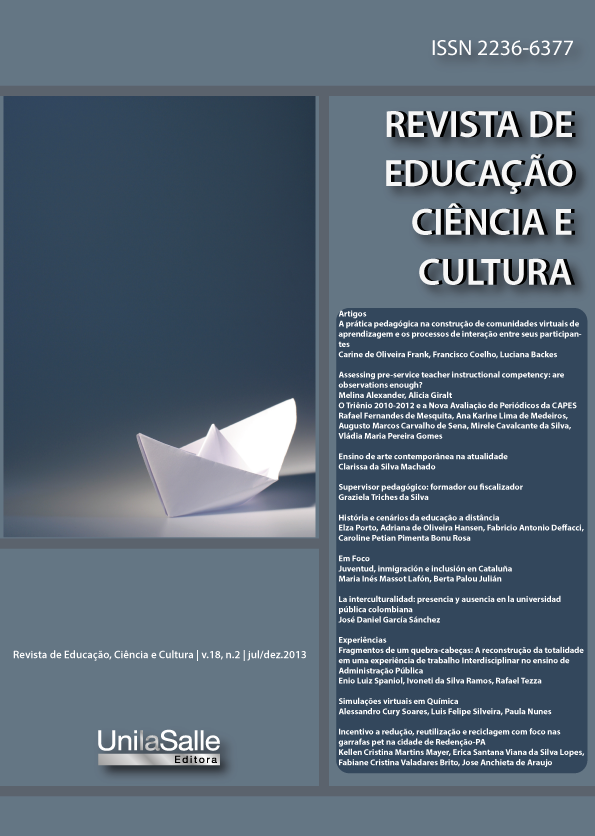Assessing pre-service teacher instructional competency: are observations enough?
DOI:
https://doi.org/10.18316/1357Keywords:
teacher preparation, observation tools, student teachersAbstract
Teacher quality can positively impact student achievement (Goe, 2007). The responsibility for producing quality teachers, those that contribute to positive student outcomes, generally falls to teacher preparation programs. Teacher preparation programs seek to affect teacher quality through providing coursework in validated instructional methods designed to maximize student achievement and through fieldwork experiences. Pre-service teacher instructional ability is typically shaped throughout a teacher preparation program and refined in a capstone field experience called student teaching (NCTQ, 2011). Student teaching provides pre-service teachers with the opportunity to apply their content and pedagogical knowledge and skills in a real world setting. Pre-service teachers are often subjected to observations throughout their student teaching experience from a variety of sources including classroom teachers and teacher preparation program supervisors. In order for pre-service teachers to obtain maximum benefit from student teaching they need to be given quality feedback on their instructional performance garnered from these classroom observations. However, this feedback is often dependent on the type of observation measurement tool used. If the observation tool provides too little or inaccurate information, the feedback to the student teacher may be ineffective (Hill, Charalambous, Kraft, 2012). The purpose of this study was to assess currently used observation tools in one teacher preparation program against these aspects, and second, to identify needed improvements in observational procedures.Downloads
Published
2014-03-07
Issue
Section
Articles
License
Authors must submit their manuscripts to be published in this journal agree with the following terms:Authors maintain the copy rights and concede to the journal the right of first publication, with the paper simultaneously licensed under the License Creative Commons attribution that permits the sharing of the paper with recognition of authorship and initial publication in this journal.
Since the articles are presented in this journal of public access, they are of free use, with their own attributions for educational and non-commercial purposes.
The Periodic Journal of Education, Science and Culture in http://www.revistas.unilasalle.edu.br/index.php/Educacao was licensed with a Creative Commons - Attribution - Noncommercial 3.0 Not Adapted.


